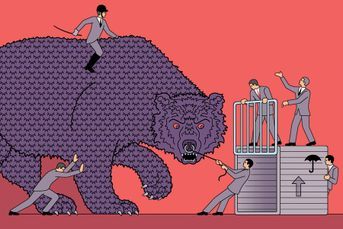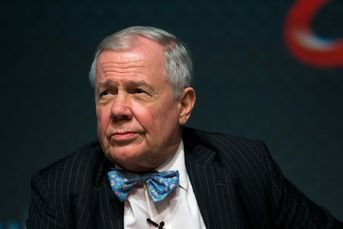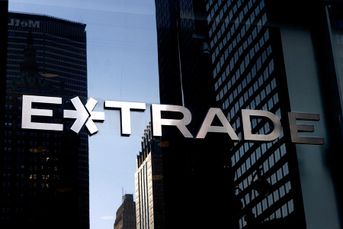Commodity funds a tough sell, while managed futures hold out some hope
Commodity funds have lost an average 8.7% a year over the past five years.
Commodities are an asset class that, at least in theory, can help diversify a portfolio over the long term. Unfortunately, investors have received little benefit from the theory: Commodity funds have lost an average 8.7% a year over the past five years. Managed futures funds, which can invest in financial futures, as well as traditional commodity futures, may be a more useful investment. But they require careful evaluation.
Commodity funds have several strikes against them, the first being a generally lousy market in commodities. (Most commodity funds are long-only, meaning they bet on rising prices.) On a one-, three- and five-year basis, every broad market commodities ETF is down, according to Dave Nadig, publisher of ETF.com. “That’s just a bloodbath,” he said. “The stalwarts of the sector, like DBC [PowerShares DB Commodity Index Tracking Fund], which is a solid fund, is down an annualized 12.89% over 5 years. The cleverest fund, USCI [United States Commodity Index Fund], is down only 7.18% annualized.”
Commodity funds have other strikes against them. “The main problem for commodities has been that oil is a big part of the indexes and it has stayed pretty low in recent years,” said Russel Kinnel, director of manager research at Morningstar. DBC, for example, has 12.8% in gasoline, 12.5% in West Texas intermediate crude, 12.5% in Brent crude, 12.3% in New York Harbor diesel and 5.9% in natural gas. “It shows why these funds should be limited to a small piece of a portfolio,” Mr. Kinnel said. “I think the main value is as a hedge for someone with a lot of bonds or other forms of inflation risk.”
Another issue with commodity funds is rolling from one futures contract to another. As a futures contract approaches its expiration date, the futures price approaches the spot price. If the nearest futures contract is at a higher price, a situation called contango, the fund will have to pay up to buy that contract. The result is a drag on performance. USCI attempts to minimize those effects by looking for contracts with the least contango.
Managed futures funds have a somewhat better record and are supported by extensive academic literature, starting with a 1983 paper by the late Harvard professor John Lintner, co-creator of the capital asset pricing model with William Sharpe. The paper, which has been revisited by others over the years, found that managed futures can ease volatility in a stock portfolio and improve risk-adjusted returns.
Of course, “better” is relative. As a group, managed futures funds have gained an average 0.76% in a period when the average large-company blend fund has clocked a 14.8% gain. Within the group, however, is a large array of outcomes. Altegris Futures Evolution Strategy (EVOIX), for example, has gained an average 5.2% a year the past five years. Monte Chesapeake Macro Strategies (MHBAX) has shed 5.2% a year over the same period.
Given their records, managed futures as well as commodity funds will probably be a tough sell to clients. “With an ongoing bull market for stocks and bonds, the case for commodity funds, which have not performed well, has become harder for investors to make,” said Todd Rosenbluth, senior director of ETF and mutual fund research at CFRA.
Learn more about reprints and licensing for this article.








